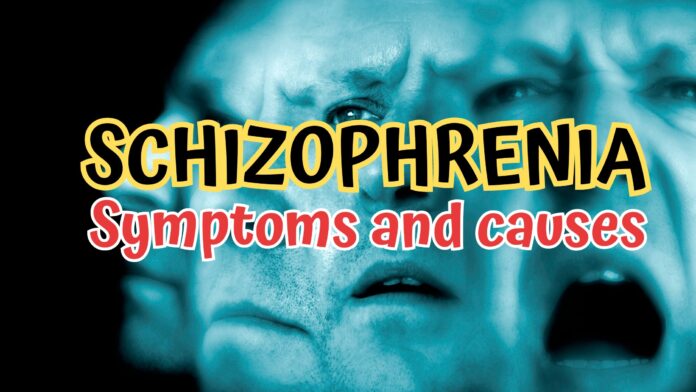Treatment-resistant schizophrenia is a challenging condition in which individuals with schizophrenia do not respond adequately to standard antipsychotic medications. It can be highly debilitating, affecting a person’s quality of life and functioning. While there is no one-size-fits-all solution, deep brain stimulation (DBS) has emerged as a potential treatment option for some individuals with treatment-resistant schizophrenia.
What is Schizophrenia?
Deep Brain Stimulation (DBS): DBS is a surgical procedure that involves the implantation of electrodes in specific regions of the brain. These electrodes are connected to a neurostimulator device, which delivers electrical impulses to modulate brain activity. DBS has been used successfully to treat conditions like Parkinson’s disease, epilepsy, and depression, and its potential for treating treatment-resistant schizophrenia is being explored.
:max_bytes(150000):strip_icc()/Health-Schizophrenia-Overview-PaigeMcLaughlin-Final-e784ef4214264c8ea708309a09c4901e.jpg)
The Potential of DBS in Treating Treatment-Resistant Schizophrenia:
- Targeted Brain Stimulation: DBS allows for precise and targeted stimulation of specific brain regions. In the case of schizophrenia, the most common target is the anterior limb of the internal capsule (ALIC) and the subgenual cingulate gyrus. Stimulating these areas can help modulate dysfunctional brain circuits associated with the disorder.
- Reducing Symptoms: Research suggests that DBS may help reduce the severity of symptoms in some individuals with treatment-resistant schizophrenia. This includes improvements in hallucinations, delusions, and disorganized thinking.
- Personalized Treatment: DBS can be adjusted to the individual patient’s needs. The level of stimulation can be fine-tuned to find the optimal settings for each patient, making it a highly personalized treatment approach.
- Treatment Complement: DBS is typically used in conjunction with other treatments, such as antipsychotic medications and psychotherapy. It is not intended to replace these treatments but rather to enhance their effectiveness for individuals who have not responded to conventional therapies.

Challenges and Considerations:
- Research Continues: DBS for treatment-resistant schizophrenia is still an area of ongoing research. While there have been some promising results, not all patients respond positively, and the long-term effects are still being studied.
- Invasive Procedure: DBS is a surgical procedure that carries inherent risks, including infection, bleeding, and complications related to the implantation of electrodes. Patients and their healthcare providers must carefully weigh these risks against potential benefits.
- Ethical and Consent Issues: The use of DBS in psychiatry raises important ethical considerations. Patients must provide informed consent, and rigorous ethical guidelines must be followed to ensure the patient’s best interests and autonomy are respected.
Conclusion:
Deep brain stimulation is an innovative and promising approach for addressing treatment-resistant schizophrenia. While it may not be a solution for everyone, it offers hope to individuals who have not responded to traditional treatments. As research in this field continues, it’s essential to strike a balance between providing effective treatment options and ensuring the safety and well-being of patients. Patients with treatment-resistant schizophrenia should work closely with a multidisciplinary team of healthcare professionals to explore all available treatment options, including DBS, to find the most suitable approach for their specific needs.








